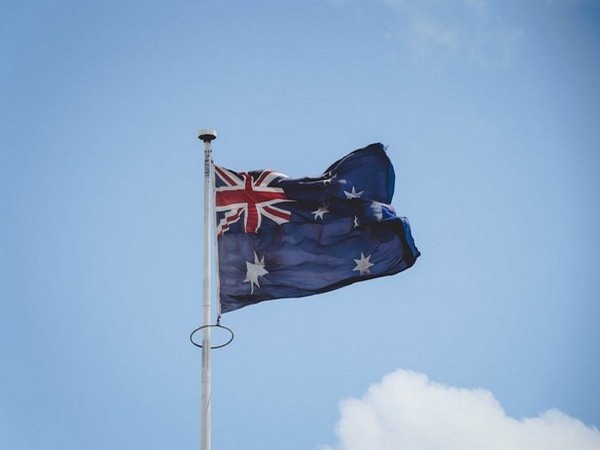
Challenges for Apple when moving iPhone production to the US
May 26, 2025
Washington [US], May 26: US President Donald Trump's efforts to bring Apple's iPhone production back to the US are facing many legal and economic challenges, Reuters reported yesterday, citing expert analysis.
And the least significant of these challenges is automating the process of attaching screws to phones.
President Trump on May 23 warned that he would impose a tariff of at least 25% on any iPhone sold in the US but manufactured abroad. The expected time frame for application could fall in late June.
Last month, in an interview with CBS, US Commerce Secretary Howard Lutnick said the work of millions of workers attaching tiny screws to produce iPhones should be brought back to the US and automated. The secretary said this would create more jobs for skilled workers such as domestic mechanics and electricians.
However, speaking to CNBC later, Mr. Lutnick said that Mr. Tim Cook, CEO of Apple, said that there is still no technology to replace human workers doing the meticulous movements. "He said that we need robotic arms, operating at a scale and precision that can bring iPhone production back to the US," Mr. Lutnick said.
In addition to the technical challenges, President Trump 's plan also faces legal obstacles. The quickest way for Washington to pressure Apple would be to use tariffs like the broader import sanctions mechanism, Reuters quoted US trade lawyers and professors.
The sanctions mechanism is based on the International Emergency Economic Powers Act, which allows the US President to take economic measures to respond to unusual and serious threats to the US from abroad. "There is no clear legal basis for imposing tariffs on specific companies. However, the Trump administration can also invoke emergency powers to achieve its goals," Sally Stewart Laing, a lawyer at the Akin Gump law firm in Washington DC, analyzed with Reuters.
However, imposing tariffs on Apple would also give the US smartphone maker's rivals a competitive advantage, undermining President Trump's goals. It is estimated that it would take about a decade to bring iPhone production lines to the US, and the cost of production could be as high as $3,500 per phone. Meanwhile, the retail price of the iPhone 16 Pro Max line currently starts at $1,200.
The last time a phone factory opened in the US, it closed within a year. The Financial Times notes that in 2013, Motorola announced that it wanted to challenge the notion that making phones in the US was too expensive and opened a factory in Fort Worth, Texas. After 12 months, Motorola was forced to close the facility due to high costs and disappointing sales.
Source: Thanh Nien Newspaper









